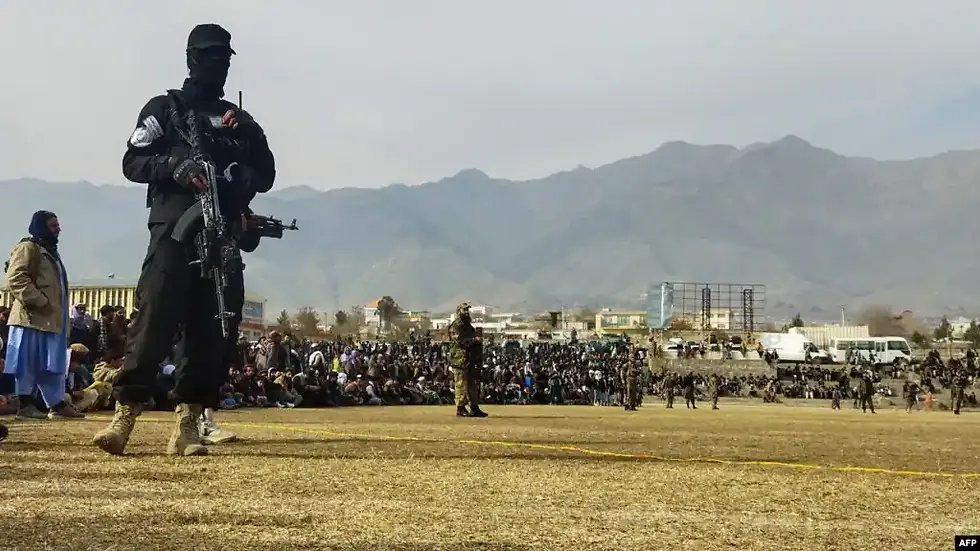Afghan Migrants in Islamabad Express Gratitude to Fawzia Koofi for Advocating Refugee Rights
- Zan News

- Jun 30, 2025
- 2 min read

A group of civil society activists, journalists, protesting women, and Afghan migrants living in Pakistan expressed appreciation on Saturday (28 June) in Islamabad for the efforts of Fawzia Koofi, head of the “Movement of Change for Afghanistan” party, in defending the rights of Afghan refugees.
According to the statement released at the event, this show of support follows Ms. Koofi’s recent meetings with exiled Afghan migrants and some Pakistani political officials. These meetings aimed to address issues such as residency documentation, forced deportations, arbitrary arrests, and lack of legal support for refugees.
The statement notes that on 7 April of this year, Ms. Koofi met with a group of civil society activists, journalists, and Afghan migrants in Islamabad. In that meeting, she emphasized that she would raise the concerns of refugees, including arbitrary detentions, forced deportations, the uncertain status of migrant children, and lack of legal protection with Pakistani officials. According to her, silence and inaction in the face of this situation are “unjustifiable,” and there must be a unified voice and strong will to defend the rights of refugees and migrants.
The statement adds that following this, Fawzia Koofi met with Hina Rabbani Khar, Pakistan’s Deputy Foreign Minister, as well as several members of the country’s parliament. In those meetings, she discussed the problems of Afghan migrants, and Pakistani officials promised to review and follow up on the issues raised.
Afghan migrant activists at the event, while expressing gratitude for Ms. Koofi’s recent efforts, emphasized that her work is an important step toward improving the situation of migrants in Pakistan.
It is worth noting that after the Taliban's return to power in Afghanistan, thousands of citizens were forced to migrate to neighboring countries, especially Pakistan, due to security threats and harsh living conditions, and now face numerous challenges, including forced deportations.



